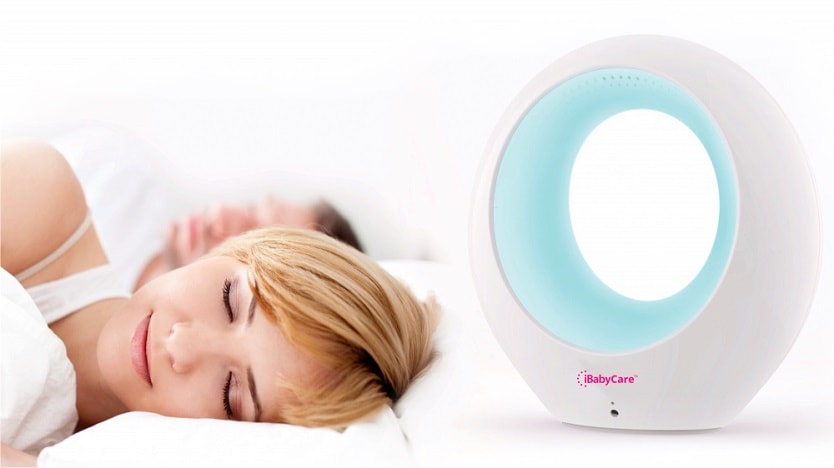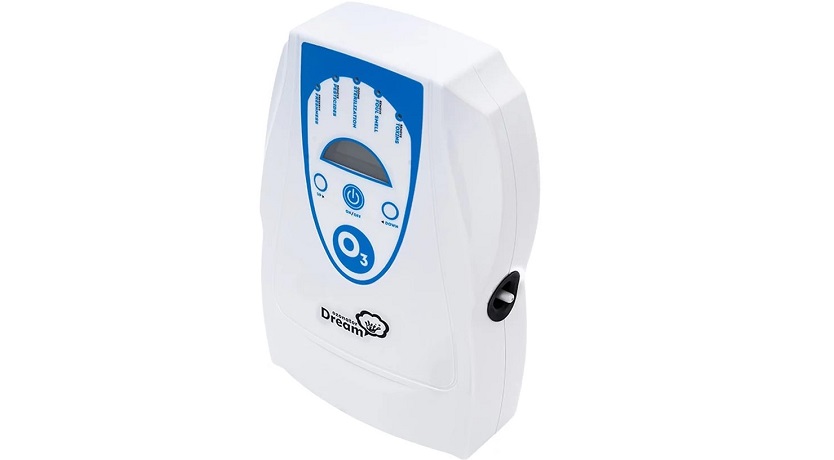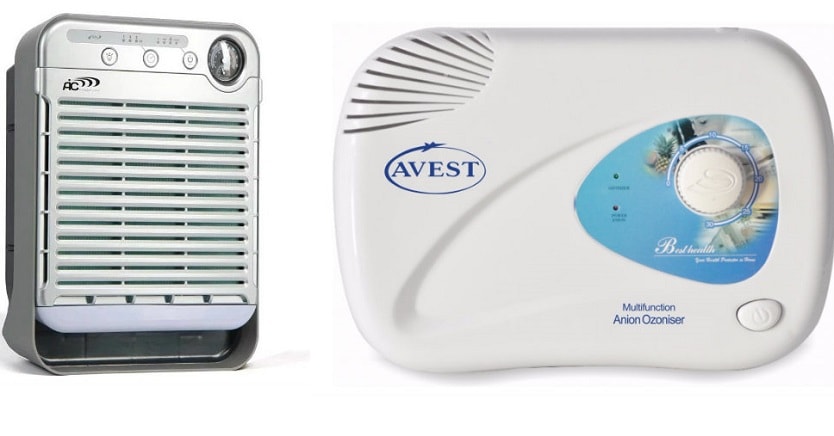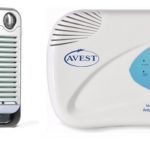In the modern world, people are more and more worried about their health, so they care about the air that they breathe. To purify it, various devices are installed that clean or even neutralize the microclimate in the room. Basically, an ionizer or an ozonizer is chosen for these purposes. These devices are equally useful, but differ in how they work. Below we will consider how the ionizer differs from the ozonizer and what is the best choice for the home.
Ionizer: what is it for, advantages

In this device, the charges of electricity generated by the generator are directed onto a tungsten filament or a special plate. This contributes to the emergence of new ions, contaminated oxygen atoms. The higher the content of these ions, the better and fresher the air in the room will be.
The benefit of an ionizer is to improve air quality. These devices are not capable of destroying microbes and harmful microorganisms contained in the air, but they prevent their multiplication. Ionizer properties:
- Fights allergens and dust.
- Charges oxygen molecules with ions.
- Prevents the multiplication of microbes and viruses.
- Fights unpleasant odors.
Household ionizers are health-improving devices.
Advantages of the ionizer:
- Compact.
- The work is not accompanied by noise.
- Improves the indoor climate.
- Prevents the appearance and development of fungi and other harmful microorganisms.
- Improves overall human health.
Ozonizer: what is it for, benefits

The principle of operation of ozonizers is based on the use of the oxidizing abilities of ozone, which, when interacting with viruses and bacteria, is capable of converting into oxygen, and at the same time all harmful bacteria and microbes are exterminated. Powerful charges of electricity from the generator are applied to the tip of a special needle, which leads to the formation of ozone. Its saturation can be adjusted. Note that the higher the power, the higher the ozone content.
The ozonizer at the molecular level is capable of destroying:
- Viruses.
- Infections.
- Dust.
- Harmful microorganisms.
- Microbes.
The unit is used to:
- Disinfection of various surfaces and objects.
- Eliminate unpleasant odor.
- Fight viruses and germs.
- Exterminate moths and bedbugs.
- Water purification.
Ozonizers are mainly used for medical purposes, but there are also household units for home use. It is best to turn on the ozonizer for 2-3 hours when there are no animals and people in the treated room.
Pros of the ozonizer:
- Destroys viruses, bacteria, harmful microorganisms without the use of chemicals.
- In one cycle of operation, the unit is able to process a large area.
- Room ozonation can be performed at any time.
- Ozone penetrates deep into fabrics, cracks, furniture and fights odor and pathogenic bacteria.
- Ozone treatment will increase the shelf life of foods that are not refrigerated.
- The greatest benefit of this device is for children and people suffering from allergies.
Most people believe that the ozonizer and ionizer work on the same principle because they release ozone. But in ionizers, the release of ozone is a side effect and in an insignificant content.
Ozonizers can have a negative impact not only on harmful microorganisms, but also on people. Therefore, it is better to use it in the absence of people or animals.
Which is better to choose: ozonizer or ionizer

Differences in the use of devices:
- Ionizers are used to purify the air for health purposes. They are capable of emitting about 10 thousand negative microparticles per second, which can be compared with sea or mountain air. In such a microclimate, breathing is easier, metabolism is accelerated, brain function improves and the body receives more oxygen. They have a beneficial effect on the functioning of the nervous system, relieve stress and slow down the aging process. They can be turned on even if there are people in the room.
- Ozonizers are perfect for families where children are often sick due to viral infections. Perfect for those who have weak immunity, or have pets. If the microclimate at home is good, you still need to use the ozonizer from time to time as a prophylaxis, especially during the season of exacerbation of colds. Their use will be indispensable when decorating premises with irritating or allergenic materials. But they should work when there are no people in the room, as much as possible.
Having studied the above, it is impossible to give an exact answer to the question which is better, an ionizer or an ozonizer? Although both of these devices perform the same function - they improve the indoor microclimate, they work in different ways.
We tried to tell in detail about how the ozonizer and air ionizer work, to reveal their strengths and explain what their difference is. Hopefully this will help you determine your choice.

